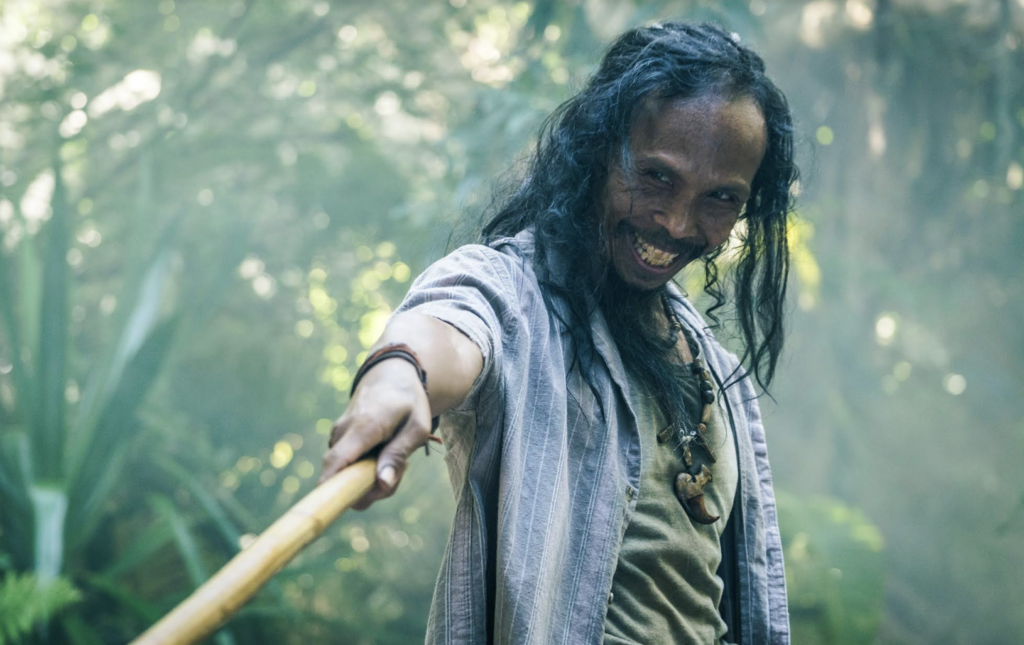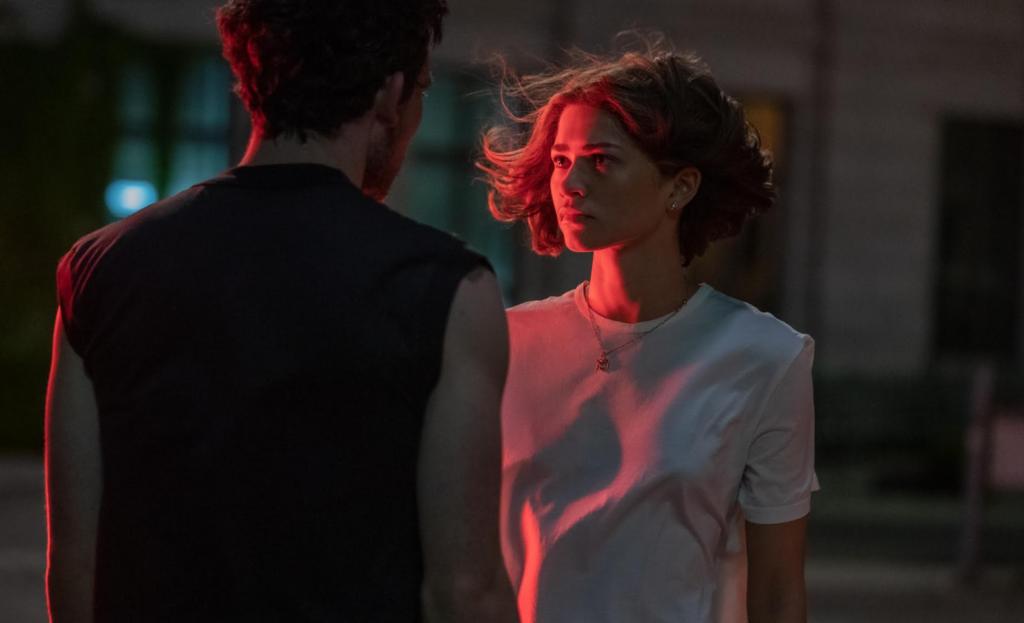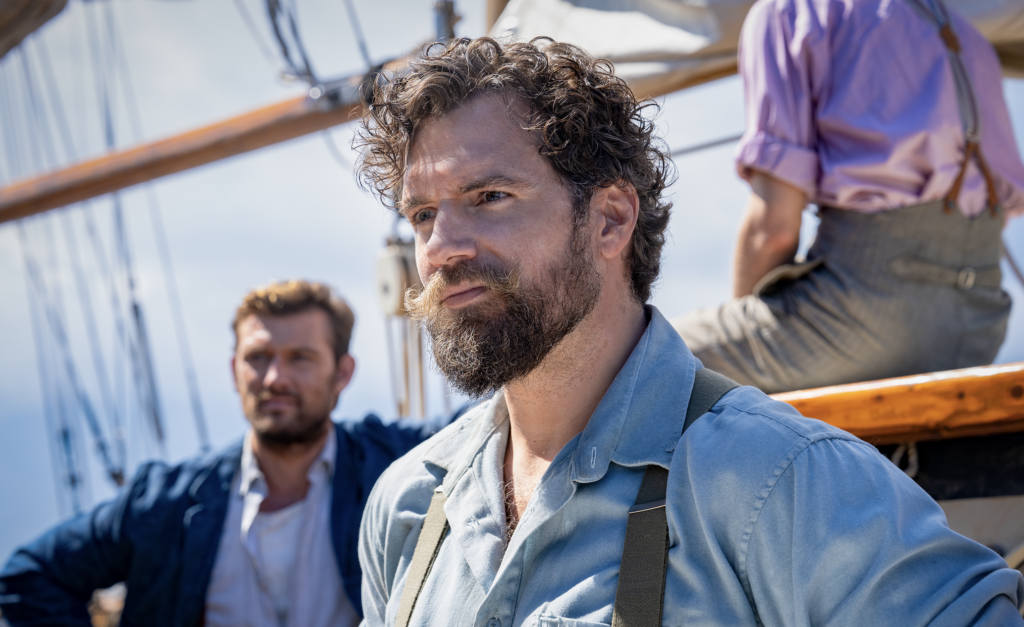The Pulpit proposes a look at progressive activism in rural communities
An interview with writer and director Tosin Morohunfola.
We all had different ways of coping with lockdown in 2020. Some of us got really into sourdough. Some of us got really into yoga/peloton/insert your home workout of choice here. Tosin Morohunfola, however, started making a movie.
Morohunfola, an LA-based actor, writer and filmmaker who grew up around Kansas City, is currently preparing to shoot the fruits of his labor, a social justice-minded thriller called The Pulpit.
The film will tell the story of a progressive pastor and activist working in a rural community who joins forces with an FBI agent to root out domestic terrorists after receiving death threats for preaching a message of inclusion. The film is inspired by real experiences of clergy, including The Pulpit’s associate producer, Christian Watkins, a campus pastor in Manhattan, Kansas.
The team recently launched a kickstarter campaign to help raise funds for the film’s budget, with shooting planned to take place this summer. Morohunfola, a frequent Kevin Willmott collaborator and current series regular on the Starz show Run the World, spoke to The Pitch about the film’s inspiration and the unique storytelling perspective of Midwestern filmmakers.
The Pitch: You’ve made a few short films before, but this is your first feature. What interested you in telling this story, with this scope?
Being friends with Christian Watkins, I came to learn about violence aimed towards socially progressive community leaders, but faith leaders especially, who work in rural communities. I can’t overstate how important I think it is that we salute and give credit to those voices in communities where they’re so needed. These are communities, in Kansas and in evangelical culture, that I grew up in.
I wanted to share some love and protect them, because it’s always been a problem, whether it’s the civil rights era and the bombing of the church in Birmingham, or the violent acts that happen in religious buildings now. Like, there was just a hostage crisis in a synagogue in Texas in January.
It’s a problem, its own epidemic that people are trying to challenge these places of community and worship with their prejudice and their hate. We have to stop that violence. This project became an opportunity to shed light on that and stand against it.
Your short films so far—Endowed and On Sight—have both been very socially-minded, as is The Pulpit. What makes you interested as an artist in telling these kinds of stories?
I can’t imagine telling a different kind. I’m always looking for empathy and seeing humans as heroes, particularly in the face of institutional opposition. I’m drawn to stories that tackle these issues and try to unpack how we can be better and overcome these things and better protect each other and advocate for each other.
Maybe it comes from my own upbringing in the church on some level. My faith has evolved to a place where it’s not bound by the church, but being raised in that environment taught me to be mission-oriented and do good works that matter.
I love entertainment, but I really love entertainment for a purpose. I think I also learned a lot of that from Kevin Willmott, who’s helping serve as producer on this film. I wanted to follow in his footsteps of social issue-oriented storytelling.
What kind of research went into this script? What have you learned about issues related to progressive faith, social justice, and religion in rural communities?
I wrote the script in 2020. I’d had the idea before the pandemic, but lockdown gave me time to write it. It won some awards at screenplay competitions, so I knew it was ready to be seen, and there was no reason to doubt anymore. I worked with people in faith and religious leadership communities to make sure it spoke to the truth of their experience.
The most important connection there is actually Christian, who’s our associate producer. Drawing from her experience and her knowledge really informed the direction of this protagonist in the story and the conflict around her.
She helped me understand the experience of being a woman in ministry, a young woman in ministry, preaching an inclusive, service-oriented agenda. She was a major resource.
Did you learn anything in that research that surprised you?
I’ve been surprised only in the sense that I was writing something to honor one person’s experience and discovered that it is so many people’s experience. It feels like a particularly American phenomenon and a devastating position to put faith leaders into.
Where do you see a movie like The Pulpit fitting into the growing narrative of filmmaking in this region? What perspective do filmmakers and storytellers from this part of the country have to share with larger audiences?
I think that’s what’s sorely needed. Hollywood loves to regurgitate itself—loves stories about itself. A great number of important, exciting stories have come from the space between LA and New York.
I think The Pulpit is kind of an emblem of those kinds of stories, one with mass appeal, but highlights Midwestern stories that matter and deserve to see more of the light of day.
When I think of movies like Winter’s Bone, Nebraska, and Three Billboards Outside Ebbing, Missouri, These are all noteworthy stories that I hope The Pulpit can follow in the lineage of.
I think as Midwesterners, as Kansans, or Christians at large, all of those areas are underserved, and I think this will be an opportunity for cinema that takes those communities seriously. I think we deserve to feel seen, and I think we will by a project like this. Hopefully, it will birth more.







